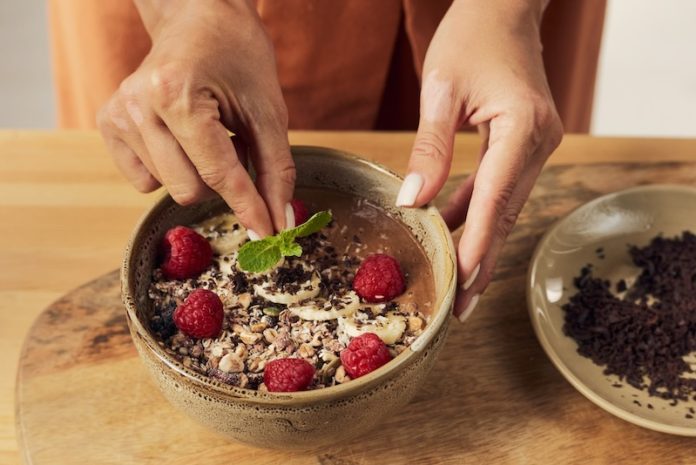
Colon cancer, a significant health concern worldwide, has links to lifestyle factors, especially diet. This review explores dietary choices that can help reduce the risk of developing colon cancer, based on current research and evidence.
Colon Cancer: A Brief Overview
Colon cancer originates in the large intestine or rectum. It’s often detected through screening tests like colonoscopies.
Factors like age, genetics, and lifestyle play roles. Diet, in particular, has a substantial impact on colon cancer risk.
Foods that Reduce Colon Cancer Risk
Fiber-Rich Foods: A diet high in fiber is key in colon cancer prevention. Fiber aids in digestion and can prevent harmful compounds from lingering in the colon. Studies, including a comprehensive review in the “American Journal of Clinical Nutrition,” have shown a consistent link between high-fiber diets and a reduced risk of colon cancer.
Whole Grains: Whole grains like oats, barley, and brown rice are excellent fiber sources. The “British Medical Journal” published a study highlighting a significant reduction in colon cancer risk with regular whole grain consumption.
Fruits and Vegetables: These are rich in vitamins, minerals, and antioxidants that combat cancer. The “International Journal of Epidemiology” reported that a diet high in fruits and vegetables, particularly leafy greens and cruciferous vegetables like broccoli, is associated with a lower risk of colon cancer.
Lean Proteins: Opting for lean proteins like fish and chicken over red or processed meats can be beneficial. The World Health Organization has classified processed meats as carcinogenic, particularly regarding colon cancer.
Foods to Limit or Avoid
Red and Processed Meats: High consumption of red and processed meats has been linked to an increased risk of colon cancer. A study in “JAMA Internal Medicine” suggested that even small amounts of processed meats can raise risk levels.
Alcohol: Excessive alcohol consumption can increase colon cancer risk. Moderation is crucial, as indicated by research in the “Annals of Oncology.”
High-Fat Foods: Diets high in saturated fats, often found in fast food and fried foods, may increase the risk. Opt for healthier fats, like those in avocados and nuts.
Dietary Patterns for Colon Cancer Prevention
Mediterranean Diet: Emphasizing fruits, vegetables, whole grains, and healthy fats, this diet has been associated with a reduced risk of colon cancer, as per studies in the “European Journal of Cancer Prevention.”
Plant-Based Diets: Increasing plant-based food intake can lower the risk, thanks to the high fiber and nutrient content.
Balanced Portions: Along with the right food choices, portion control is essential in maintaining a healthy weight, further reducing cancer risk.
Lifestyle Considerations
Regular Screening: Adhering to recommended colon cancer screenings, especially for those over 50 or with a family history, is vital.
Physical Activity: Regular exercise complements a healthy diet in reducing colon cancer risk.
Hydration: Adequate water intake is essential for maintaining colon health.
Conclusion: A Proactive Approach to Prevention
Diet plays a crucial role in preventing colon cancer. Incorporating a diet rich in fiber, whole grains, fruits, and vegetables, while limiting red and processed meats, alcohol, and high-fat foods, can significantly reduce the risk.
Coupled with regular exercise and screenings, these dietary choices are powerful tools in the fight against colon cancer.
Further Resources
For more detailed information and personalized dietary advice, consult healthcare providers and reputable sources like the American Cancer Society and the National Cancer Institute.
They provide valuable insights into nutrition, lifestyle choices, and colon cancer prevention strategies.
Follow us on Twitter for more articles about this topic.
Copyright © 2023 Scientific Diet. All rights reserved.





